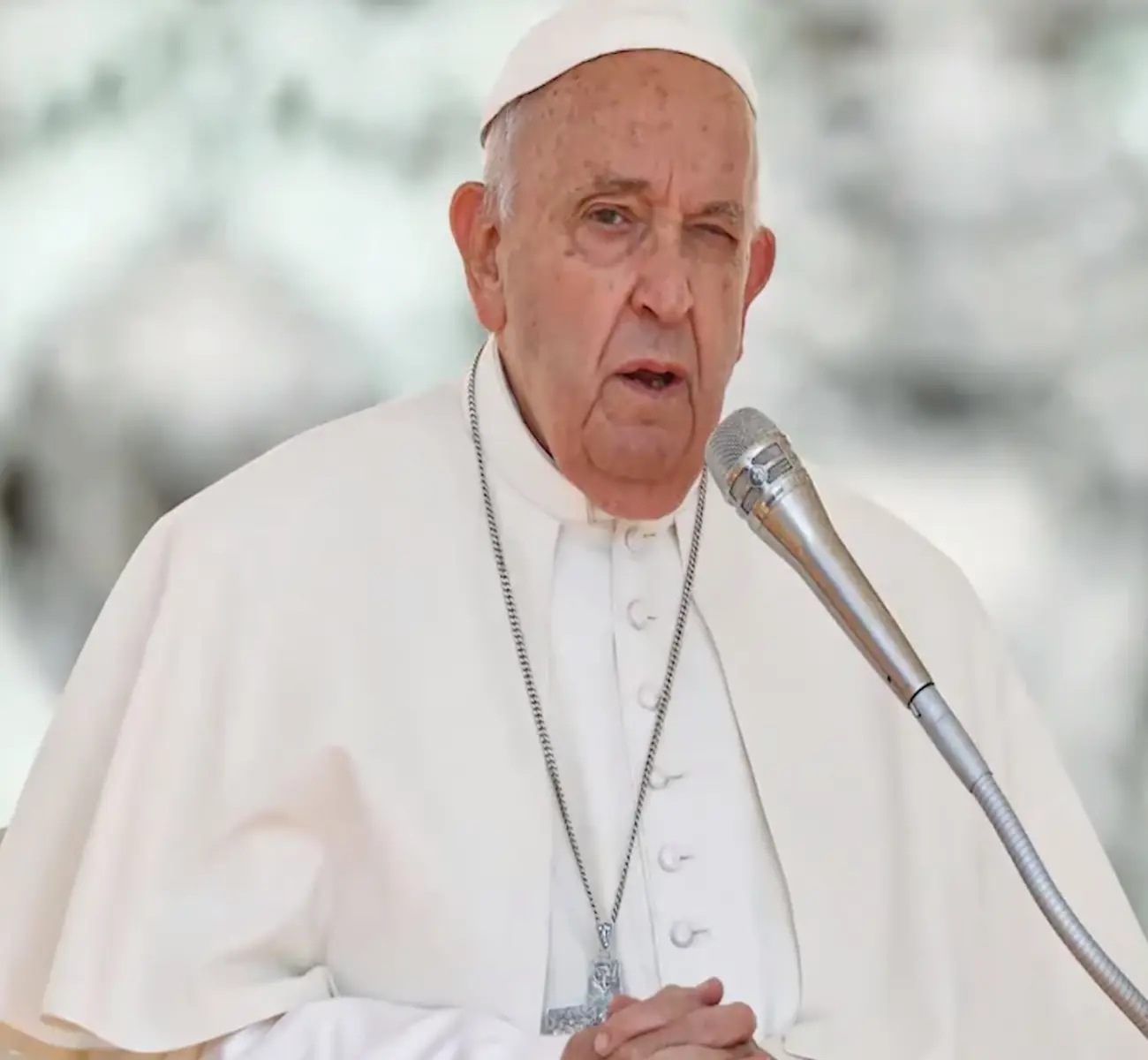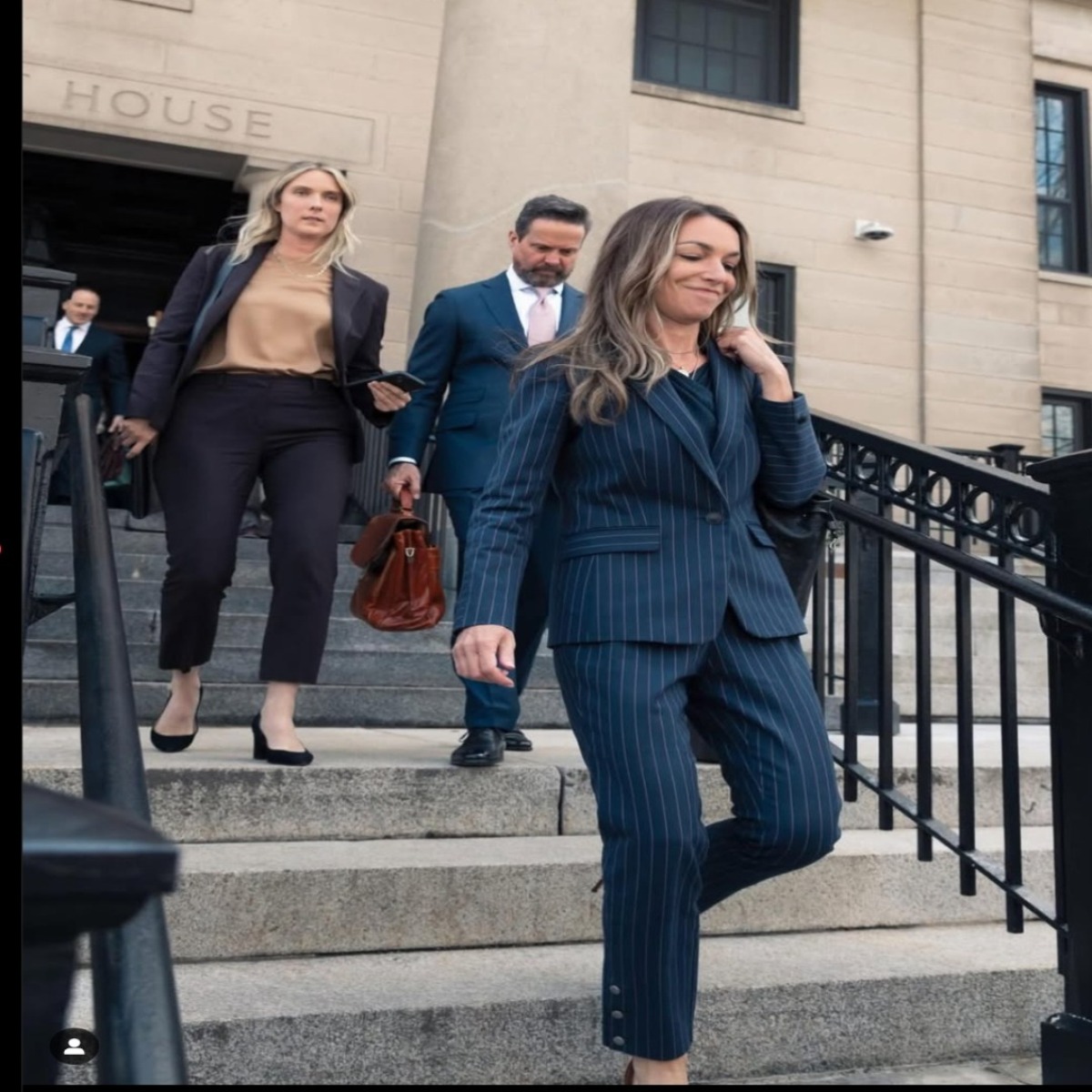The World Mourns, The Death of the Pope and What Comes Next

Pope Francis' Passing
Pope Francis, whose birth name was Jorge Mario Bergoglio, passed away peacefully on April 21, 2025, at the age of 88. He died in his residence at the Domus Sanctae Marthae in Vatican City, just a day after Easter. His passing marked the end of a remarkable era of spiritual leadership. Known for his humility, compassion, and tireless advocacy for the marginalized, Pope Francis touched the lives of millions around the world. From reforming Church governance to promoting interfaith dialogue, his legacy goes far beyond the Vatican walls. His death was met with an outpouring of grief and reflection from Catholics and non-Catholics alike, all remembering a man who truly walked the talk of faith and service.
Cause of Death and Health Condition
While the specific cause of death wasn’t disclosed, Pope Francis had been gravely ill in the preceding weeks. He was admitted to hospital in February with severe pneumonia and experienced multiple episodes of breathing difficulties. Doctors used non-invasive ventilation and conducted bronchoscopies, but his health continued to deteriorate.
Final Public Appearances
Despite his failing health, Pope Francis made a surprise appearance on 6 April, greeting visitors in St. Peter’s Square. On 20 April, a day before his passing, he delivered his final Easter blessing from the balcony of St. Peter’s Basilica, a poignant moment seen by many as his farewell.
When did Pope Francis become pope?
He was elected pope on 13 March 2013, following Pope Benedict XVI’s resignation. His election was historic—as the first Jesuit pope, the first from Latin America, and the first non-European pope in over a millennium.
Who is the next Pope?
With Pope Francis’ passing, the process to select his successor has begun. The College of Cardinals will meet in a private conclave at the Vatican to vote for the next pope. While speculation often surrounds prominent cardinals, the final choice can often be unexpected.




